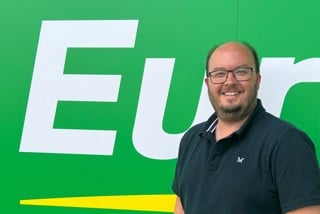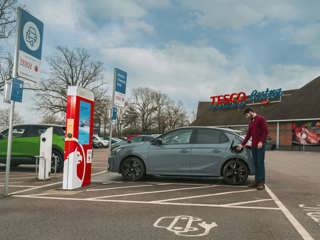Hill Dickinson Counter Fraud Group (HDCFG) and Europcar have helped to expose a crash for cash scam involving claims management company director, Mark Richardson of ‘Richardsons’.
The court case centred on a staged collision between a family’s vehicle and a car hired by them from Europcar. Seven members of the family subsequently submitted personal injury claims through Richardsons.
The involvement of a hire car along with inconsistencies in witness statements, incorrect details entered on the claims notification forms, the high number of passengers and the involvement of Richardson, all combined to raise Hill Dickinson’s suspicions.
Investigating the claim, the firm interrogated cross sector data in its Netfoil claims database and identified links between the lead claimant and Richardson, who had submitted claims together for three previous traffic accidents.
In court, the Judge concluded: “I found Richardson’s evidence staggering… I watched him carefully in evidence and I state with certainty that he was telling bare-faced lies.”
All claims related to the case, totalling more than £150,000 were dismissed.
The case follows on from the success of Hill Dickinson’s rental sector data sharing initiative in 2014.
David Croot, senior associate at Hill Dickinson, said: “This victory for Europcar sends a clear message to fraudulent claimants, professional enablers and solicitors that deception and fraud will be detected and rigorously pursued.
"Justice has been achieved and this case further demonstrates the clear benefits derived from data sharing and industry collaboration.”
Ken McCall, managing sirector of Europcar UK Group, added: “Bogus insurance claims present a serious risk to the rental industry as a whole, with additional, unnecessary costs having to be passed on to our customers.
"We therefore aim to take robust action against any fraud. Hill Dickinson provides invaluable support in this respect, not only by leading industry-wide data sharing initiatives but by applying its extensive expertise to pursuing fraudulent claims. This case should send a very clear signal to any individual or organisation considering insurance fraud.”




















Samantha - 23/02/2015 14:12
Were any criminal sentences passed against those involved? It seems that more and more the people committing these crimes are still getting away with trying to fleece insurance companies. I understand that they didn't get the £150,000 they were trying to fraudulently claim but what deterrent was passed to prevent them from trying the same scam again but with a different company not related to Hill Dickinson?